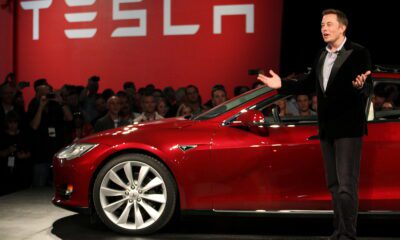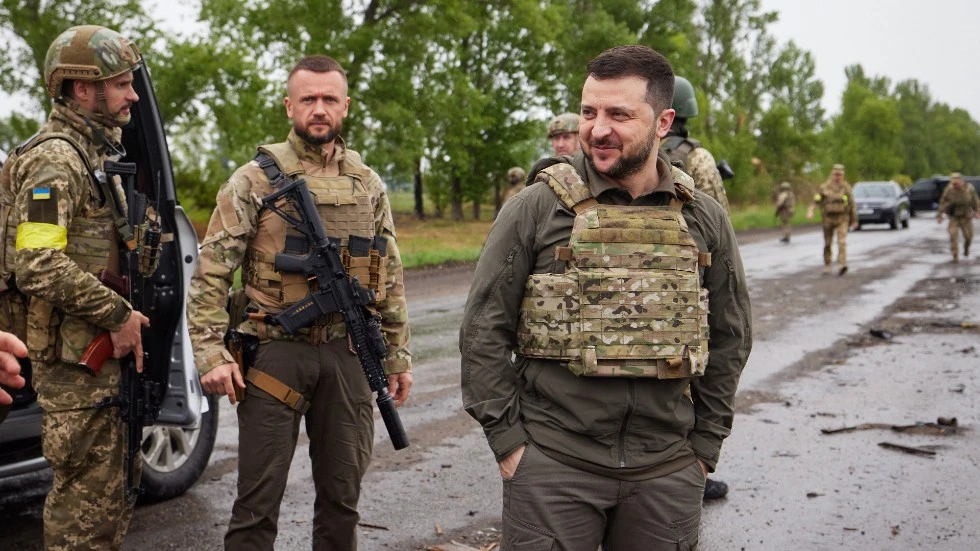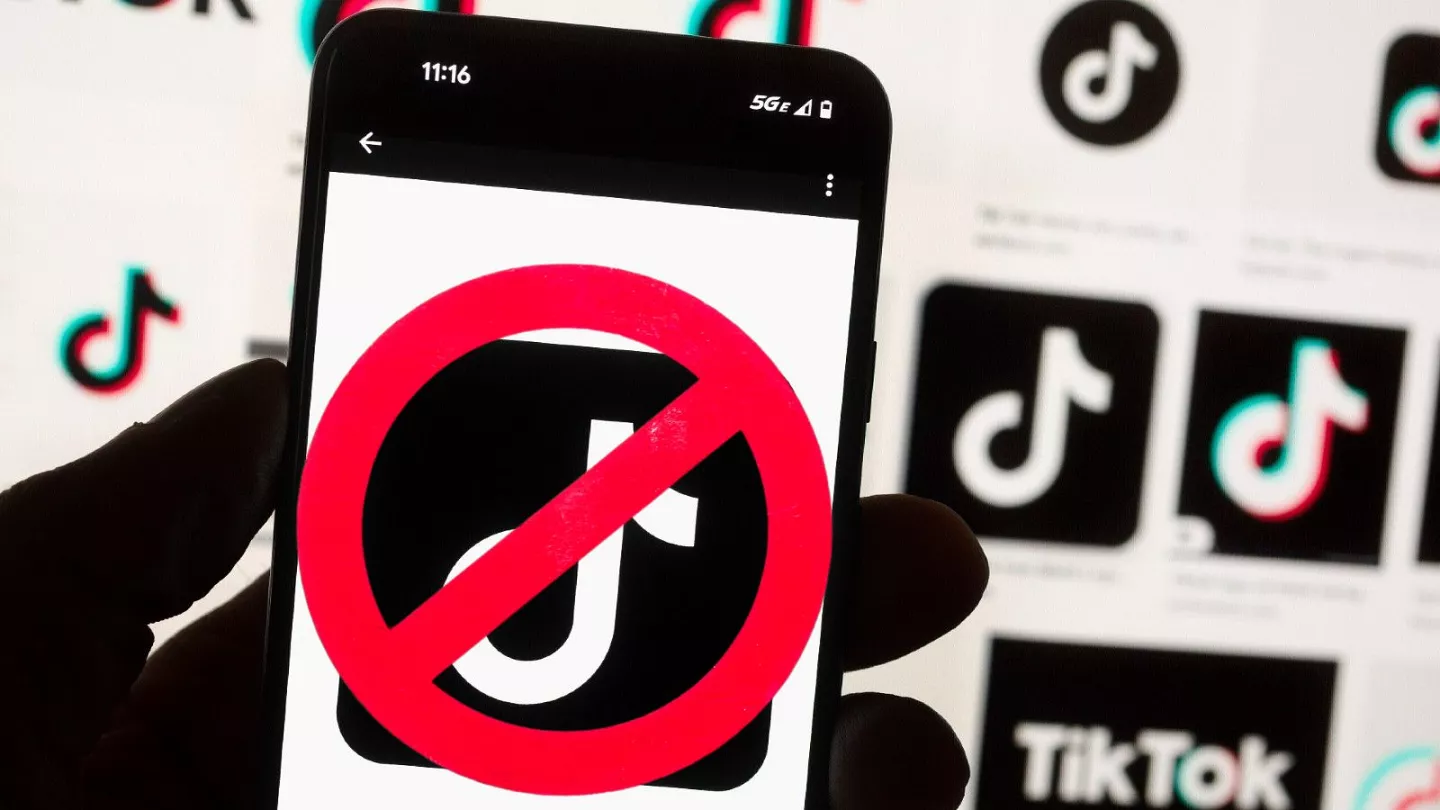Russia has also claimed to have killed large numbers of Ukrainian troops in recent weeks
The Ukrainian military said on Tuesday the previous 24 hours had been the deadliest of the war so far for Russian troops since Moscow launched its invasion almost a year ago.
Ukraine increased its running tally of Russian military dead by 1,030 overnight.
Reuters has been unable to verify that report, and Russia has also claimed to have killed large numbers of Ukrainian troops in recent weeks.
Tallies of enemy casualties from either side are often seen as unreliable.
But Kyiv’s assertion that the fighting was the deadliest so far fits descriptions from both sides of an escalating campaign of intense warfare.
Ukrainian soldiers in the Donetsk region are operating this Soviet-era Grad rocket system.
The battle in the east comes amid reports of disorganization in Kyiv.
President Volodymyr Zelenskiy in recent weeks dismissed several senior officials in moves seen as an effort to show Western allies he would take on corruption, and prove himself a reliable steward for billions of dollars in desperately needed military aid.
On Sunday, a politician in Zelenskiy’s party said Defense Minister Oleksii Reznikov would be replaced.
A day later that same politician said no changes would be made this week.
Zelenskiy did not comment, but on Tuesday called for an end to “rumors or any other pseudo-information” which he said could undermine unity in war.
Whatever Reznikov’s fate, he was seen welcoming his German counterpart in Kyiv on Tuesday
German Defense Minister Boris Pistorius made the surprise trip a day after his government’s security council approved the delivery of 178 Leopard 1 tanks to Ukraine. That decision comes atop Germany’s choice last month to deliver the more-modern Leopard 2 tanks to Kyiv.
Reznikov tweeted a picture of him and Pistorius posing with a scale model Leopard tank, writing “the ‘first’ Leopard 2 has arrived in Kyiv.”
Pistorius also met with Zelenskiy.
The Ukrainian leader said recent promises of heavy weapons from Europe and the United States could give Kyiv “parity” – but not an advantage – on the battlefield. #trending #featured



 Shows3 days ago
Shows3 days ago


 News4 days ago
News4 days ago


 Shows3 hours ago
Shows3 hours ago


 News3 days ago
News3 days ago


 News2 days ago
News2 days ago


 Tech5 days ago
Tech5 days ago


 News3 days ago
News3 days ago


 News3 days ago
News3 days ago












